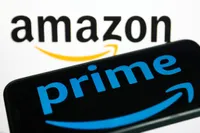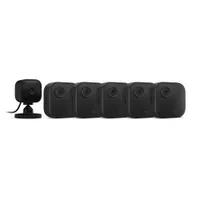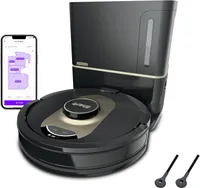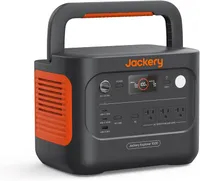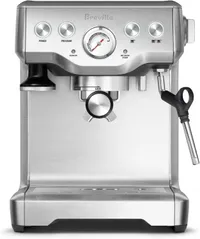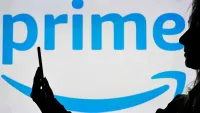Is Amazon Prime Worth It?
Membership comes with many perks to benefit shoppers. However, with the rising costs, is Amazon Prime worth it?

Profit and prosper with the best of Kiplinger's advice on investing, taxes, retirement, personal finance and much more. Delivered daily. Enter your email in the box and click Sign Me Up.
You are now subscribed
Your newsletter sign-up was successful
Want to add more newsletters?

Delivered daily
Kiplinger Today
Profit and prosper with the best of Kiplinger's advice on investing, taxes, retirement, personal finance and much more delivered daily. Smart money moves start here.

Sent five days a week
Kiplinger A Step Ahead
Get practical help to make better financial decisions in your everyday life, from spending to savings on top deals.

Delivered daily
Kiplinger Closing Bell
Get today's biggest financial and investing headlines delivered to your inbox every day the U.S. stock market is open.

Sent twice a week
Kiplinger Adviser Intel
Financial pros across the country share best practices and fresh tactics to preserve and grow your wealth.

Delivered weekly
Kiplinger Tax Tips
Trim your federal and state tax bills with practical tax-planning and tax-cutting strategies.

Sent twice a week
Kiplinger Retirement Tips
Your twice-a-week guide to planning and enjoying a financially secure and richly rewarding retirement

Sent bimonthly.
Kiplinger Adviser Angle
Insights for advisers, wealth managers and other financial professionals.

Sent twice a week
Kiplinger Investing Weekly
Your twice-a-week roundup of promising stocks, funds, companies and industries you should consider, ones you should avoid, and why.

Sent weekly for six weeks
Kiplinger Invest for Retirement
Your step-by-step six-part series on how to invest for retirement, from devising a successful strategy to exactly which investments to choose.
Amazon Prime Big Deal Days are right around the corner. From October 7 through 8, the retailer is hosting its major fall sale for Prime members. With many of the best deals reserved exclusively for members, shoppers are wondering how much membership costs and whether Amazon Prime is worth it.
There are many reasons to consider signing up for an Amazon Prime subscription. Among them are perks like free two and one-day shipping, exclusive Prime Original movies and TV shows on Prime Video, millions of tunes via Prime Music with Audible, plus access to lots of deals and huge sale events like Amazon Prime Day.
Amazon is regularly finding new ways to draw in would-be subscribers, but all these extras come at a cost. There have been a few price hikes over the years, with the current price being $14.99 per month or $139.99 annually.
From just $107.88 $24.99 for Kiplinger Personal Finance
Become a smarter, better informed investor. Subscribe from just $107.88 $24.99, plus get up to 4 Special Issues

Sign up for Kiplinger’s Free Newsletters
Profit and prosper with the best of expert advice on investing, taxes, retirement, personal finance and more - straight to your e-mail.
Profit and prosper with the best of expert advice - straight to your e-mail.
If you haven't joined Amazon Prime yet, or you are considering resubscribing for Prime Day, read on to learn more about the various plans on offer, and some of the great perks an Amazon Prime membership will get you.
Try Amazon Prime for free for 30 days to shop the October Big Deal Days sale from October 7 through 8. You'll also get free same-day and next-day shipping, discounts on medication and other cool perks. Membership normally costs $14.99/month or $139/year.
How much is Amazon Prime?
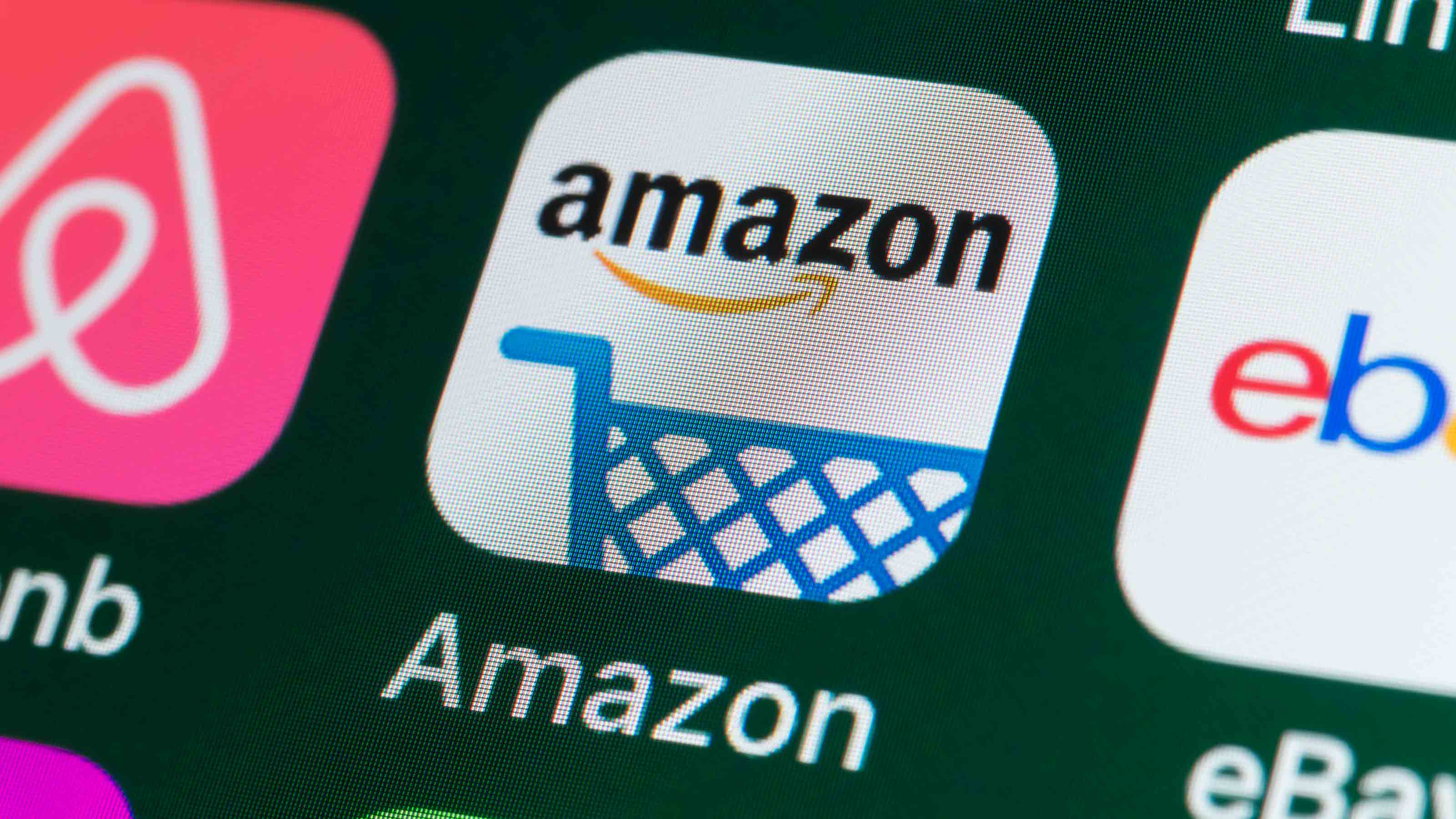
The monthly Prime membership fee is $14.99, for a total of about $180 a year. Paying monthly is a good option for shoppers who only want to sign up so they can get access to sale events like Prime Day and October Big Deal Days.
If you're looking to save the most money possible, the annual Amazon Prime membership fee is $139, saving you $40 a year compared to the monthly option. You're charged upfront, and the annual membership auto-renews every 12 months.
Perks include free same-day (if offered in your area), one and two-day shipping, access to Prime Video, unlimited music streaming and photo storage, as well as access to Prime Reading (aka Kindle book and magazine downloads), Whole Foods discounts and delivery options, and much more.
You can earn even more discounts with the Prime Visa card. If you apply and receive approval, you'll earn a $100 gift card that's automatically applied to your account. On top of that, you'll earn 5% cash back on purchases from Amazon, Whole Foods and Chase Travel purchases.
If you haven't tried the service before, Amazon is offering a free 30-day trial of Amazon Prime membership. So if you're not ready to commit to an annual membership you can test the waters for free for one month before you buy in.
Amazon has also introduced Prime Access, a discounted membership available to qualifying recipients of government assistance programs like SNAP EBT, TANF and Medicaid (among others).
Prime Access costs just $6.99 a month (more than 50% off the standard monthly cost) but comes with all the benefits of a regular Prime membership. For the full list of eligible programs, head to the About Amazon page on Prime Access.
Try Amazon Prime Access for free for 30 days to get all the same perks as a full-priced membership. After that, it auto-renews at just $6.99/month.
5 early October Prime deals that save you more than the membership fee
If you're just now joining Prime to shop the October Prime Big Deal Days sale, the quickest way to make your membership pay for itself is to take advantage of the deep discounts you'll have access to during the event. If you've got any big-ticket items on your shopping list, now's the time to hunt for Prime Day deals to see how much you can save.
To give you a head start on that hunt, here are five October Prime Day deals where the savings are worth more than the $139 annual fee member's pay to join Amazon Prime.
Save $400 (or nearly three years of Prime membership fees)
Is Amazon Prime worth it?

If you snag one of those major October Prime Day deals, then the savings you get this week might be enticing enough. However, there are many more noteworthy perks of Amazon Prime membership if you decide to keep it after the free trial ends:
- Free same-day or next-day delivery on eligible items, with no order minimum.
- Prime Fuel Savings gives members up to 10 cents off per gallon at over 7,000 participating gas stations. All you have to do is link your Prime account to the earnify app to enjoy unlimited discounts on gas.
- Same-day grocery delivery from Whole Foods or Amazon Fresh is free on orders over $100 for Prime members. Members can also pay $9.99 per month for unlimited free same-day grocery delivery on orders worth $35 or more. Between that and the savings you'll find on Amazon Grocery Outlet, shopping for your everyday essentials with Amazon is a no-brainer.
- Amazon Pharmacy is a full-service online pharmacy that offers savings and discounts — up to 80% off — on prescriptions at nearly 60,000 pharmacies. There are many payment options, including paying with your insurance or with a Prime member discount that you can apply to your order, including signing up for RxPass, Amazon's $5-a-month subscription for generic prescriptions.
- Amazon Key provides in-garage or in-gate delivery of your orders when you're not home so your packages aren't sitting outside while you're away. The service is $1.99 per delivery or free if you use it with Amazon Day (another Amazon perk).
- Prime Video offers unlimited streaming for a wide variety of movies and television shows. One of the more hidden Prime Video features that can save you money is channel subscriptions. You can subscribe to Prime Video Channels to watch shows from cable networks or other streaming services like Paramount Plus, Starz, AMC+, Max, and BritBox, often for less than paying for standalone subscriptions to those platforms.
The right credit card can boost your benefits with rewards, shipping upgrades and savings. See Kiplinger's top credit card picks for online shopping, powered by Bankrate. Advertising disclosure.
How much does Amazon Prime cost for students?
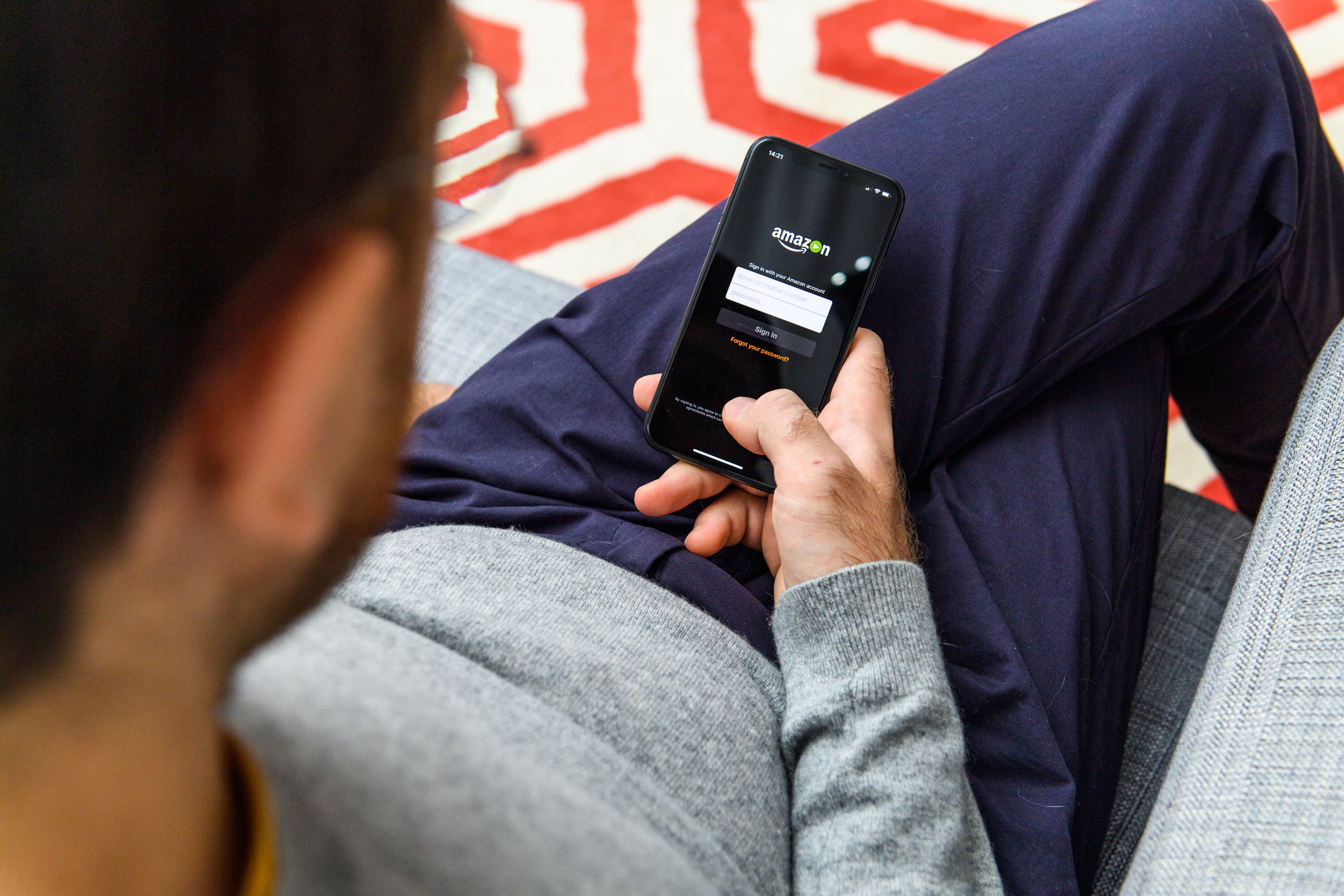
Now available to both students (of any age) and young adults between the ages of 18 and 24, Prime Student offers all the perks of membership at half the price. And, right now you can join and get the first six months free.
Instead of $14.99 per month, Prime Student (or Prime Young Adult) costs just $7.49 per month.
Initially, you'll be asked to verify either your age or your student status. Once verified, students can enjoy the same Prime perks as annual members, including these deals:
- $0 delivery fees with GrubHub Plus
- Up to 10% off flights and hotels
- One month free of AI-powered study help
- Three months of free medications, then $8.99 per year
- Up to four years of Amazon music for $5.99
- Two months of Kindle Unlimited for free
- Up to one year of selected Prime Video Channels for $0.99
Student members also get first dibs on daily deals on everything from skincare products to school supplies. Once the free trial is over, you'll pay discounted annual Prime membership fee ($7.49 per month), which is good for four years or until you graduate, whichever comes first. Prime Young Adult is good until you age out of the 18-24 age range.
Try out all the perks of Amazon Prime Student for free for your first six months. After that, your membership auto-renews at the discounted rate of $7.49/month.
The cost of Amazon Prime since launch
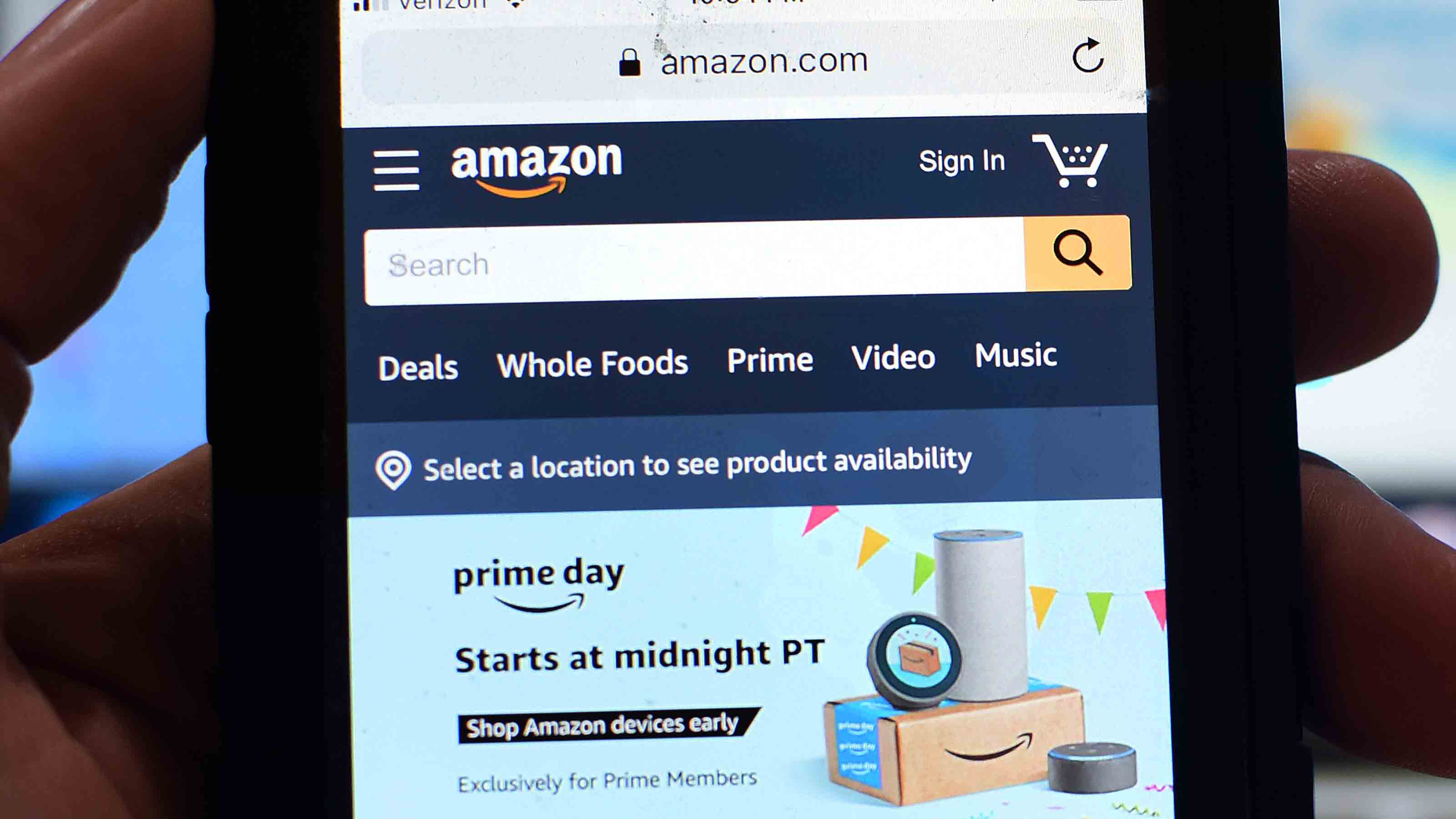
- February 2005 - March 2014: $79 per year
- March 2014 - May 2018: $99 per year
- May 2018 - April 2022: $119 per year
- April 2022 - to date: $139 per year
For many, the price increases don't matter, especially for shoppers who are too busy to visit multiple brick-and-mortar stores to pick up everything on their shopping lists; from groceries and gadgets to books and apparel.
The Amazon Prime subscription-based service has made buying these items online a whole lot easier — now offering overstock items from Amazon Outlet and second-hand items from Amazon Resale (formerly Amazon Warehouse).
The core benefit of Amazon Prime is free same-day or two-day shipping — that was there at the launch — but over the years, Amazon has added many other perks that have lured more than 200 million shoppers worldwide into ponying up for an annual or monthly Prime membership.
Amazon Prime members spent an estimated 180.1 million in 2024, according to Capital One Shopping. Expedited shipping alone can quickly make the membership fee worthwhile, depending on how often you order.
Alternatives to Amazon Prime
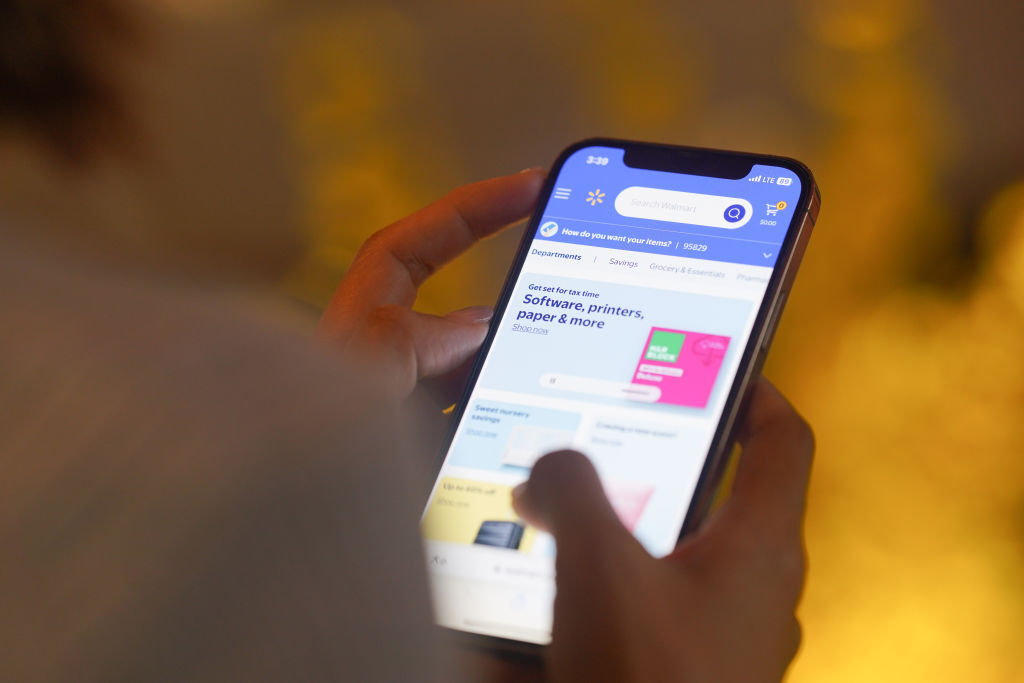
If the latest price increase on the membership has you considering canceling Amazon Prime, you may be interested in exploring the alternatives to Amazon Prime. Many of these substitutes offer competitive benefits or discounts, but help you hone in on the deals that matter most to you. Some of those services are:
- Walmart Plus
- Newegg.com
- Scribd (audiobooks and e-Books)
- Barnes & Noble annual membership
- ShopRunner.com
- Target.com and Target Circle membership
- Spotify Premium
- Apple Music
- Ebay
Related stories
- 10 Unique Ways To Save Money Shopping With Amazon
- Is Walmart Plus Worth It?
- Is My Best Buy Worth It? Fall Deals Could Help You Decide
- Should You Get Walmart Plus or Amazon Prime?
Profit and prosper with the best of Kiplinger's advice on investing, taxes, retirement, personal finance and much more. Delivered daily. Enter your email in the box and click Sign Me Up.
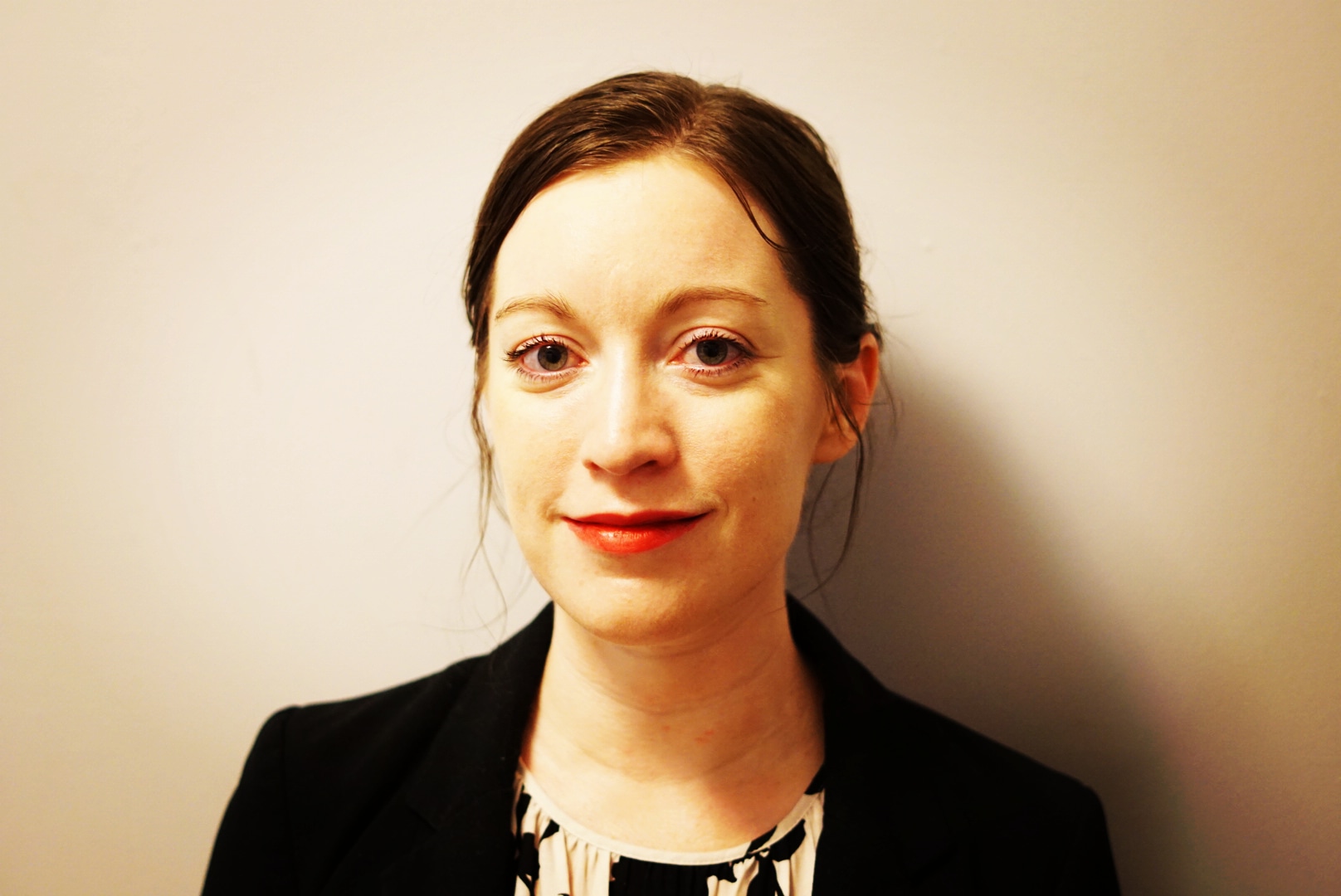
Rachael Green is a personal finance eCommerce writer specializing in insurance, travel, and credit cards. Before joining Kiplinger in 2025, she wrote blogs and whitepapers for financial advisors and reported on everything from the latest business news and investing trends to the best shopping deals. Her bylines have appeared in Benzinga, CBS News, Travel + Leisure, Bustle, and numerous other publications. A former digital nomad, Rachael lived in Lund, Vienna, and New York before settling down in Atlanta. She’s eager to share her tips for finding the best travel deals and navigating the logistics of managing money while living abroad. When she’s not researching the latest insurance trends or sharing the best credit card reward hacks, Rachael can be found traveling or working in her garden.
- Bob NiedtContributor
- Elena Terrazas ChesneyContributer
-
 The New Reality for Entertainment
The New Reality for EntertainmentThe Kiplinger Letter The entertainment industry is shifting as movie and TV companies face fierce competition, fight for attention and cope with artificial intelligence.
-
 Stocks Sink With Alphabet, Bitcoin: Stock Market Today
Stocks Sink With Alphabet, Bitcoin: Stock Market TodayA dismal round of jobs data did little to lift sentiment on Thursday.
-
 Betting on Super Bowl 2026? New IRS Tax Changes Could Cost You
Betting on Super Bowl 2026? New IRS Tax Changes Could Cost YouTaxable Income When Super Bowl LX hype fades, some fans may be surprised to learn that sports betting tax rules have shifted.
-
 How Much It Costs to Host a Super Bowl Party in 2026
How Much It Costs to Host a Super Bowl Party in 2026Hosting a Super Bowl party in 2026 could cost you. Here's a breakdown of food, drink and entertainment costs — plus ways to save.
-
 3 Reasons to Use a 5-Year CD As You Approach Retirement
3 Reasons to Use a 5-Year CD As You Approach RetirementA five-year CD can help you reach other milestones as you approach retirement.
-
 How to Watch the 2026 Winter Olympics Without Overpaying
How to Watch the 2026 Winter Olympics Without OverpayingHere’s how to stream the 2026 Winter Olympics live, including low-cost viewing options, Peacock access and ways to catch your favorite athletes and events from anywhere.
-
 Here’s How to Stream the Super Bowl for Less
Here’s How to Stream the Super Bowl for LessWe'll show you the least expensive ways to stream football's biggest event.
-
 The Cost of Leaving Your Money in a Low-Rate Account
The Cost of Leaving Your Money in a Low-Rate AccountWhy parking your cash in low-yield accounts could be costing you, and smarter alternatives that preserve liquidity while boosting returns.
-
 This Is How You Can Land a Job You'll Love
This Is How You Can Land a Job You'll Love"Work How You Are Wired" leads job seekers on a journey of self-discovery that could help them snag the job of their dreams.
-
 We Inherited $250K: I Want a Second Home, but My Wife Wants to Save for Our Kids' College.
We Inherited $250K: I Want a Second Home, but My Wife Wants to Save for Our Kids' College.He wants a vacation home, but she wants a 529 plan for the kids. Who's right? The experts weigh in.
-
 4 Psychological Tricks to Save More in 2026
4 Psychological Tricks to Save More in 2026Psychology and money are linked. Learn how you can use this to help you save more throughout 2026.
